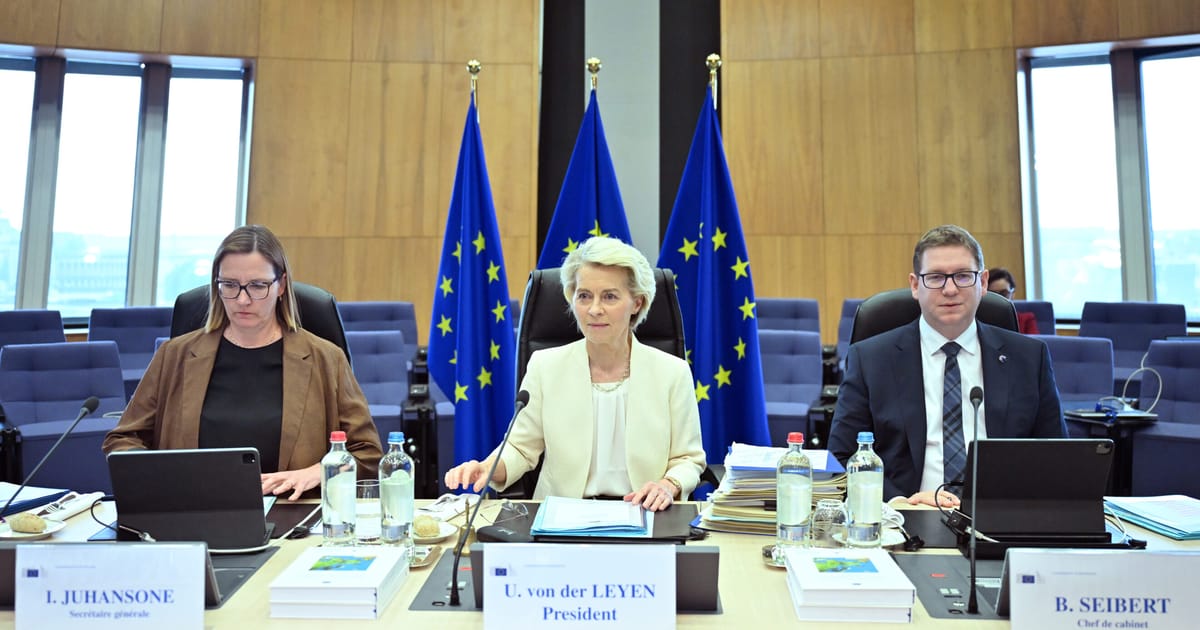

In a world that constantly shifts with significant developments on economic, political, and technology fronts, recent events underscore the intricate nature of international relations. The European Union, the United States, and several major global partnerships have been at the forefront of these changes.
The European Commission has unveiled a comprehensive budget proposal amounting to €1.816 trillion. This budget represents an increase in funding from 1.1 percent to 1.15 percent of the bloc’s gross national income. While the proposal is a step toward enhancing the EU’s financial commitment to various projects, it has sparked some debate within the European Parliament. However, such discussions are an essential part of the democratic process, aiming to ensure that the final budget aligns with the diverse needs of member states.
On the transatlantic front, a significant milestone was achieved with a major gas deal between U.S. and EU firms as part of ongoing trade negotiations. European energy giant ENI and American exporter Venture Global have signed a long-term 20-year agreement for natural gas supplies. This strategic partnership not only strengthens energy security in Europe but also reflects the intertwined economic interests between the continents amidst global trade talks led by U.S. President Donald Trump, who has advocated for increased imports to ease looming tariffs.
Shifting focus to Asia, a noteworthy trade agreement between the United States and Indonesia has been announced. Under this agreement, Indonesia has committed to substantial purchases, including 50 Boeing aircraft, while agreeing to a 19 percent tariff on its goods entering the U.S. market—below the initially threatened 32 percent. This development underscores the ongoing negotiation efforts to find mutually beneficial terms and maintain a balanced trade relationship.
In the ever-evolving realm of technology, the U.S.-China dynamics have taken a new turn. Nvidia, a leading chipmaker headquartered in the U.S., has obtained approval from the Trump administration to sell its advanced AI chips to China. CEO Jensen Huang announced the green light to file necessary licenses, marking a significant step in continuing trade despite ongoing competitive tensions in this sector.
Meanwhile, within Europe, Russia maintains a substantial role in energy imports, specifically in natural gas supplies, which positions it as a crucial partner amid geopolitical challenges.
Turning to regional developments, the Portuguese region of Coimbra is now exporting more than it imports. This positive trade balance is part of a broader strategy focused on internationalization and economic diplomacy. Various initiatives aim to bolster local enterprises and enhance their global market presence, including participation in trade fairs and economic forums.
On a more personal note, Portugal also reflects on the passing of José Junqueiro, a respected former Secretary of State and an accomplished professor. His contributions to the political and academic spheres continue to be celebrated, leaving a lasting legacy.
As we observe these developments, it becomes evident that the interconnectivity of global markets, political strategies, and technological advancements shape the framework of international relations. Staying informed about these multifaceted dynamics allows us to better comprehend the harmonious yet intricate world in which we live.
Source: {link}
